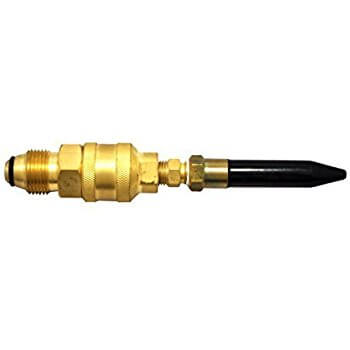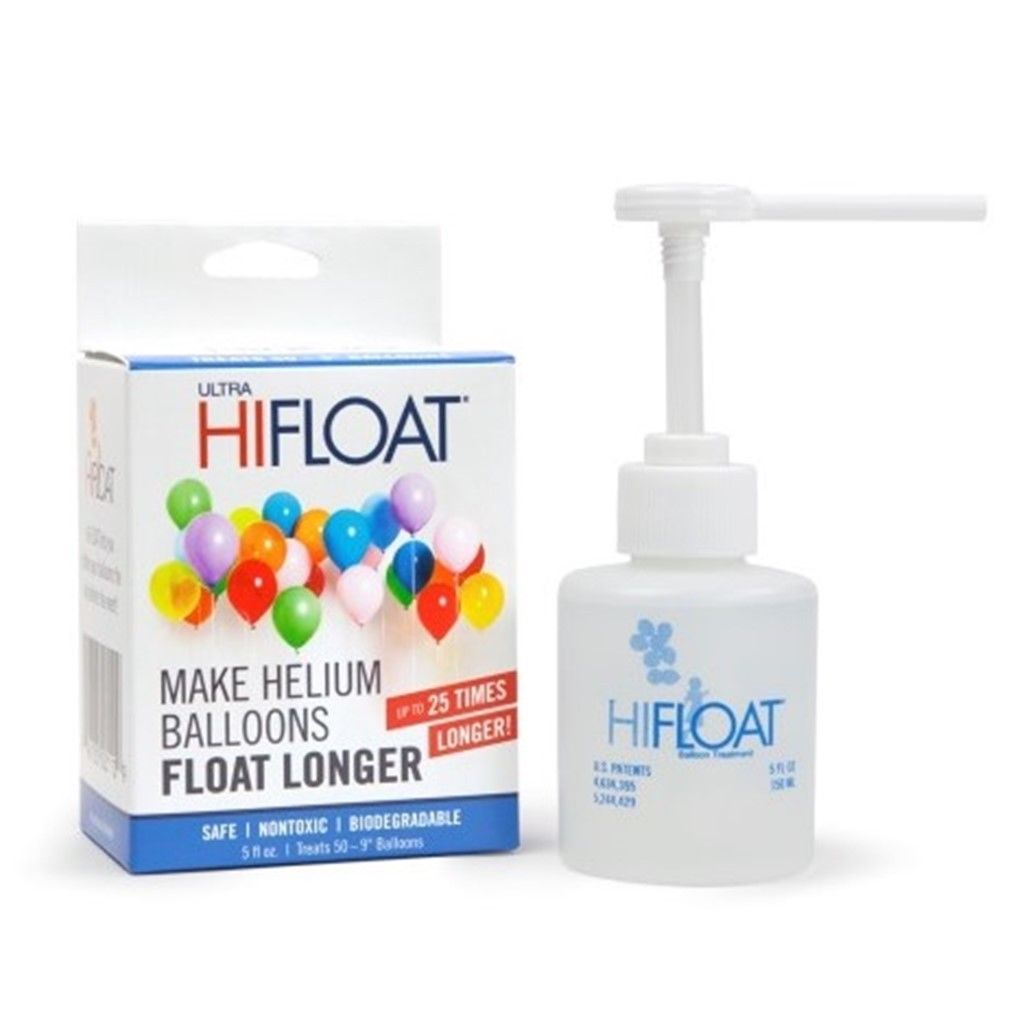Helium is NOT a gas that the body can absorb, you are NEVER to breathe it either from the tank or from a helium filled balloon.
The human body requires Oxygen to survive and breathing helium from a balloon or the helium tank displaces the oxygen in your lungs and the results are devastating, it can cause you to be unable to breathe and can lead to death.
If safely used, helium balloon gas is a fun inert gas that causes balloons to float for around 10 to 12 hours, great fun for parties, what is not fun is watching somebody die of asphyxiation. NEVER BREATHE HELIUM, it may make your voice sound funny but it is very dangerous, we cannot emphasise this enough.
Children should be supervised at all times when helium balloons are around and adults should never breath helium to impress children, it is a dangerous precedent, like any gas, it should be treated with respect.
If you have any questions you can call us or email us and we will be happy to discuss further.
PLEASE DO NOT RELEASE HELIUM BALLOONS – it may be illegal and it is not an environmentally friendly thing to do.
The team at helium2go.
If you require more information, please keep reading.
 Helium Gas – Balloon Gas Safety – Don’t Be a Daffy Duck
Helium Gas – Balloon Gas Safety – Don’t Be a Daffy Duck
There is a well-known party trick where people suck gas out of helium balloons to talk funny.
I admit it — I’ve done it — but never again!
The amusement of talking like Donald Duck is overshadowed by the dangers involved with inhaling helium balloon gas.
It’s not only ‘daffy’…it can even be fatal!
 Why Does Helium Make You Sound Funny?
Why Does Helium Make You Sound Funny?

When you speak, you rely on your vocal chords to make the sounds.
The air passing through your larynx causes the vocal chords to vibrate.
The mouth, lips and tongue then convert the sound into speech.
When you inhale helium, it affects the timbre of your voice, because helium is much less dense than air.
This is a result of sound travelling faster through helium than air, as well as helium favouring high pitched sounds.
 Danger of Asphyxiation
Danger of Asphyxiation
Helium is not poisonous, as it is an inert gas. However, it can be an asphyxiant when inhaled instead of normal air. This is known as Inert Gas Asphyxiation.
Breathing just helium, or any inert gas, creates an absence of oxygen. The helium displaces the air, including the required oxygen, in your lungs. This can cause your body’s oxygen level to drop to hazardously low levels, initiating Hypoxia.
 Symptoms of Hypoxia
Symptoms of Hypoxia
The resulting Hypoxia is a condition that develops when the body is deprived of an adequate supply of oxygen.
Generalised hypoxia can cause dizziness, disorientation, abnormal heart function, unconsciousness and even death.
 Risk of an Embolism or Ruptured Lung
Risk of an Embolism or Ruptured Lung
Inhaling helium too deeply or directly from a gas cylinder is even more dangerous. The pressurised gas can cause an embolism. An embolism is a blockage of a blood vessel which, in this case, is caused by a gas bubble.
This can cause a stroke, seizures or death. The inhalation of pressurised gas can also damage the lungs.
Air sacs in the lungs are likely to rupture and death follows almost immediately, as victims literally drown in their own blood.
 Be Safe with Helium Balloon Gas
Be Safe with Helium Balloon Gas
Don’t be a daffy duck! Here are some safety tips to keep you, your family and friends safe:
- Don’t inhale helium balloon gas. The risks far outweigh the momentary amusement.
 Helium is for fun, never to inhale
Helium is for fun, never to inhale
- Ensure helium balloon gas and other gases are only used for their intended purposes.
- Always follow the safety warnings.
- Make sure children are always supervised when playing with balloons.
- Click to download the PDF of MSDS Helium (Balloon Gas)
![]() Don’t Release Helium Balloons Outdoors
Don’t Release Helium Balloons Outdoors
Releasing balloons may seems harmless except balloons do eventually come back down to earth and can cause environmental damage. Released balloons pose a danger to wildlife and especially marine wildlife.
Releasing balloons may also be illegal, depending on where you live. In QLD and NSW it is illegal to release helium balloons.
![]() Conclusion
Conclusion
Helium2go and the balloon industry are deeply concerned about the misuse of helium balloon gas. We want to ensure that customers, their family and friends are all educated to understand the dangers.




